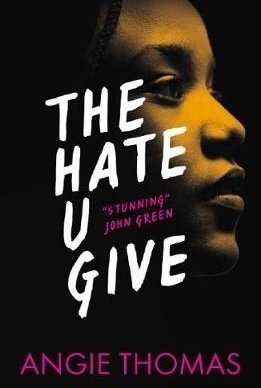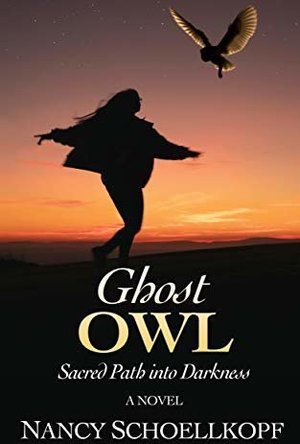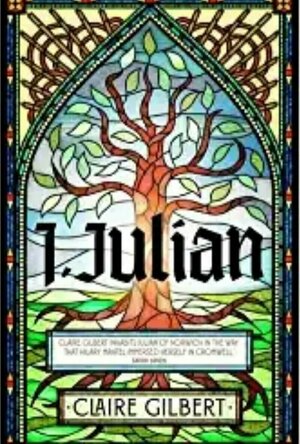
I, Julian
Book
In 1347, the first pestilence rages across the land. The young Julian of Norwich encounters the...
Historical Fiction
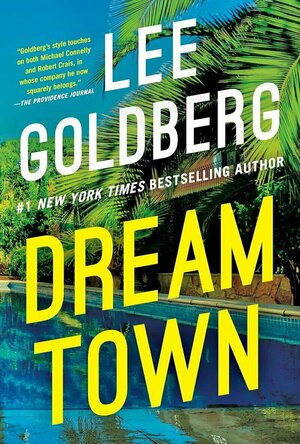
Dream Town
Book
A gated dream town for the megarich becomes a murderous nightmare in a riveting Eve Ronin thriller...
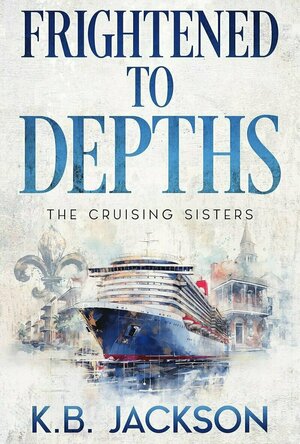
Frightened to Depths
Book
Murder is never smooth sailing... Charlotte McLaughlin assumes she's finally shed all her tears on...
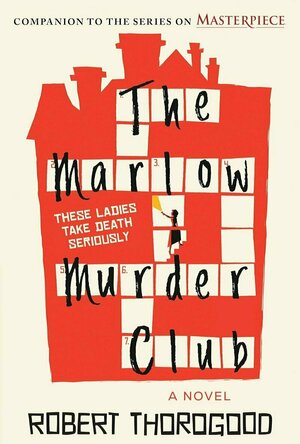
The Marlow Murder Club
Book
A delightfully clever new mystery from creator of BBC One's hilarious murder mystery series Death in...
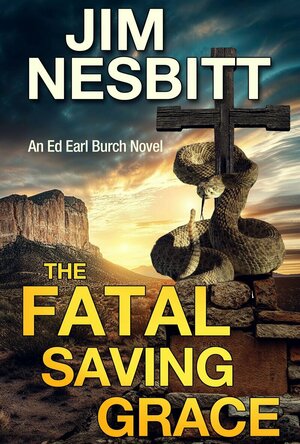
The Fatal Saving Grace (Ed Earl Burch Crime Thriller #5)
Book
MAYHEM WITH A BADGE After wandering the peephole wilderness of a private detective for two...
Crime Thriller Western
Whatchareadin (174 KP) rated The Hate u Give in Books
Apr 3, 2019
I have been wanting to read this book for a long time. Now, that it's a movie, I had to get it in before I went to see it.
This book really resonates with the times we are now living in. For people of color in this country, every day is a reality that your life can be cut short, by one wrong move. Even if that move is not going to harm another person.
For Starr Carter, being the only witness comes with a lot of pressure to speak about what happened or to keep it inside. Speaking out can mean trouble for her family and herself. Keeping it inside, means that Khalil will never get justice for his death. While Starr decides what to do, life must go on. She examines her relationship with her friends at Williamson, she reflects back on her life with Khalil, and she grows closer to her family.
This is a great book for everyone to read. Please read it and see the movie.
Is everything an illusion or is it something as we see what want to make or see what we want to see? Is life as we see it or is what we think it is. Could it be that there are different parts of world that we can travel to any dimensions we want to and choose to live in the dimension where were born or do want to go higher. Is there nothing in this world, we do not exist. We are in body to experience that lifetime but then shred it and go to another life or travel somewhere else.
As we travel though Mariah Journey, is death even real? Nancy has you guessing and trying to believe that maybe we come back and travel to dimension and live there. It just us making that choice. Are what we pass to the next life and experience higher. Mariah meets someone and what about this new gift and maybe smell she or essence she got. What tribe is part of and why? We learn some of this as we read about Mariah Easter and her journey.
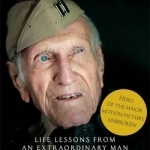
Don't Give Up, Don't Give In: Life Lessons from an Extraordinary Man
Louis Zamperini and David Rensin
Book
'IF YOU CAN TAKE IT, YOU CAN MAKE IT' Louis Zamperini lived one of the most amazing lives...
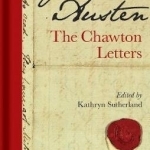
Jane Austen: The Chawton Letters
Book
In their celebration of 'little matters' - the regular round of visiting, dining out, drinking tea,...
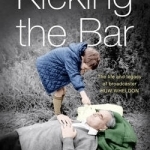
Kicking the Bar: The Life and Legacy of Broadcaster Huw Wheldon
Book
Written by his son, Kicking the Bar is the comprehensive biography of Huw Wheldon, one of the most...
